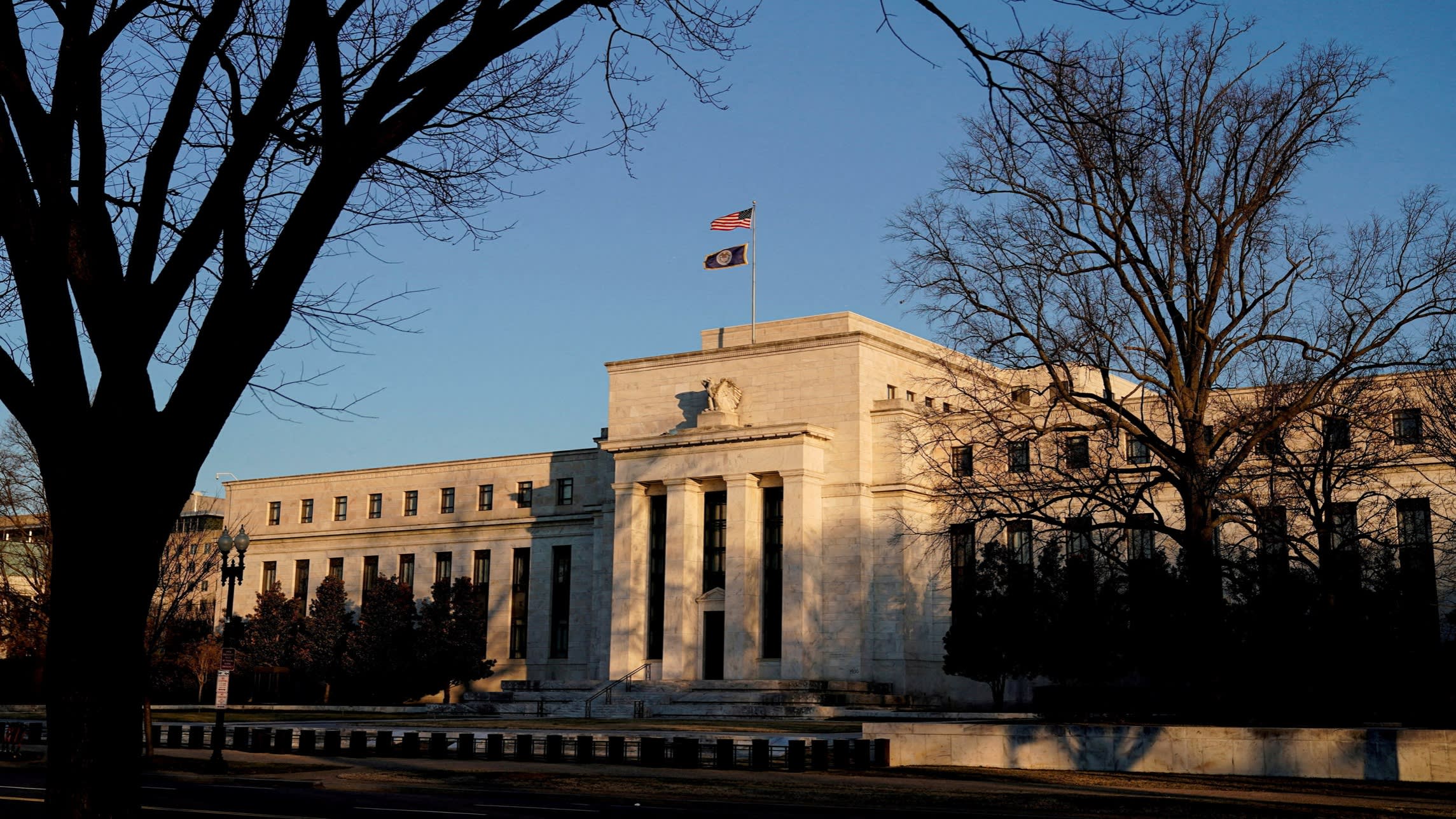
Global stocks fluctuated and the dollar strengthened on Wednesday as investors weighed the outlook for interest rates in the wake of fresh inflation data in the US and UK.
Europe’s region-wide Stoxx 600 declined 0.1 per cent and Germany’s Dax rose 0.4 per cent as fund managers and economists digested news that US consumer prices rose 6.4 per cent year on year in January, a smaller decline than expected. Annual core inflation, which strips out volatile food and energy prices, was also slightly above expectations.
The disappointing US data reverberated throughout financial markets, raising the level at which investors expect US rates to peak and lowering the number of rate cuts forecast for later this year. Pricing in the futures market shows traders expect rates to peak at 5.27 per cent in July, up from 5.18 per cent before the data was released. A measure of the dollar’s strength against a basket of six peers gained 0.3 per cent.
Futures on Wall Street’s benchmark S&P 500 and those tracking the tech-heavy Nasdaq 100 overcame early losses to both trade 0.4 per cent higher ahead of the US open.
A “slowing of inflation progress?.?.?.?means we get to the 2 per cent target further out in the future, which means the [Federal Reserve] will stay higher for even longer,” said Mike Zigmont, head of trading and research at Harvest Volatility Management. “There is no urgency for the Fed to cut rates if inflation is taking longer to get down where the Fed wants it.”
Salman Ahmed, global head of macro at Fidelity International, said a combination of the slowing pace of inflation and resilience in the “super-hot” US labour market — which added more than half a million jobs in January, almost triple the consensus forecast — meant the Fed “is likely to up its hawkishness” in the coming months.
US government bonds rallied on Wednesday as equities sold off, with the two-year Treasury yield falling 0.02 percentage points to 4.6 per cent. The 10-year Treasury yield declined 0.01 percentage points to 3.74 per cent as the price of the debt rose.
In Britain, data on Wednesday showed UK inflation slowed to 10.1 per cent in January, more than expected. Core inflation fell to 5.8 per cent, much lower than the 6.2 per cent forecast by economists. London’s FTSE 100 was flat and sterling shed 0.6 per cent against the dollar to $1.209.
In Asia, Hong Kong’s Hang Seng index shed 1.4 per cent, China’s CSI 300 lost 0.5 per cent, Japan’s Topix declined 0.3 per cent and South Korea’s Kospi shed 1.5 per cent.
Prices for Brent crude, the international oil benchmark, slipped 1.2 per cent to $84.51 a barrel.
